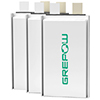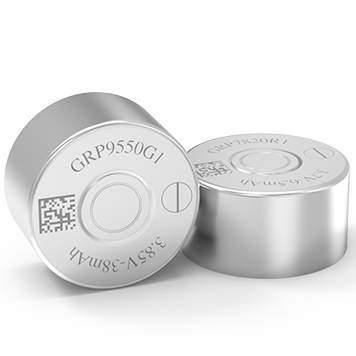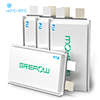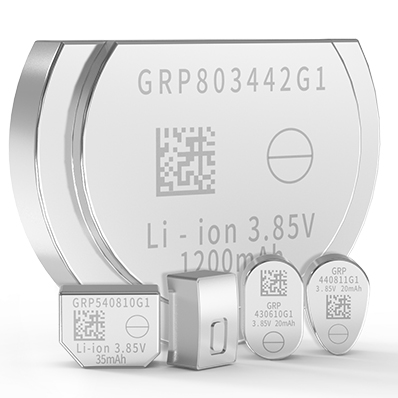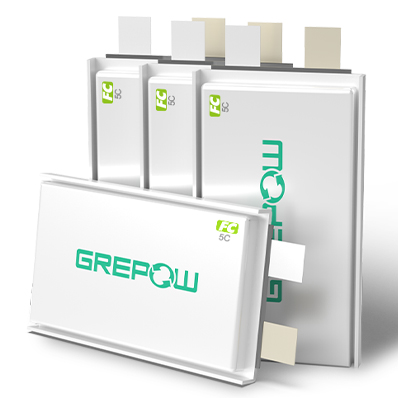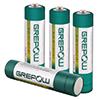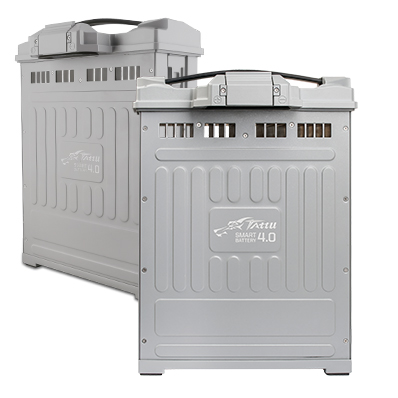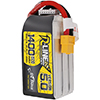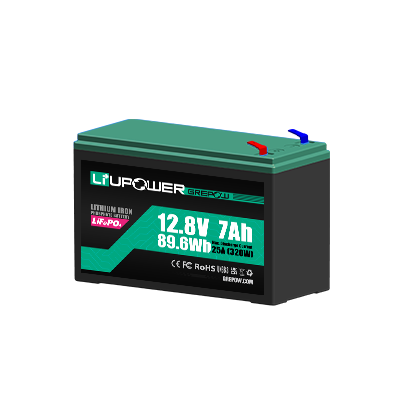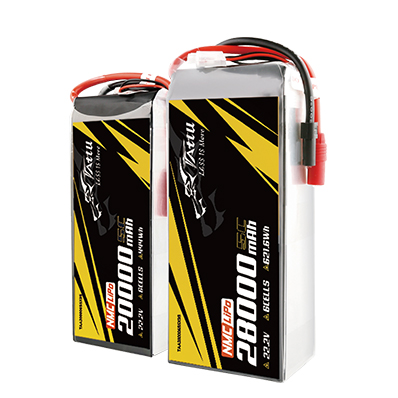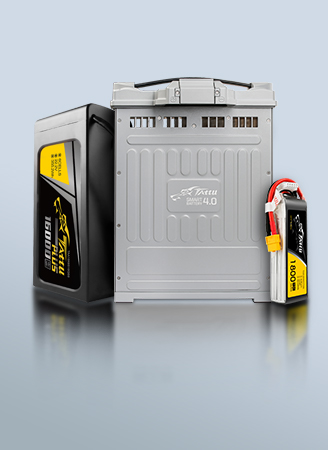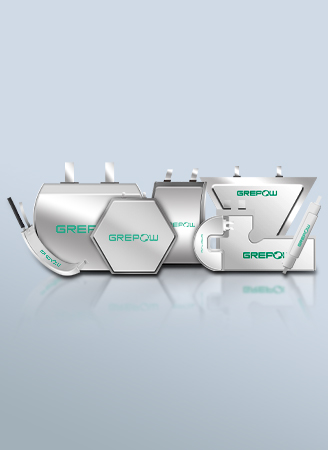Why does low temperature affect the battery? | Battery Monday
It is well known that a battery performs poorly at low temperatures, which directly results in limitations during operation. Today’s Battery Monday Grepow will introduce the three major factors behind how, and why low temperature plays such a large role in a battery’s performance.
Chemical Reaction Rate
At low temperatures, the intercalation of lithium ions on the graphite electrode and the lithium plating reaction proceed simultaneously. Under cold conditions, the diffusion of lithium ions in graphite is inhibited and the conductivity of the electrolyte is reduced; as a result, the intercalation rate also decreases. This results in lithium plating occurring more easily on the graphite surface, and this accumulation leads to an increase in the thickness of the solid electrolyte interface, or as you may recognize it, SEI. Assuming that the voltage remains constant and the discharge current decreases, the power output of the battery will also decrease thus resulting in a lower output.
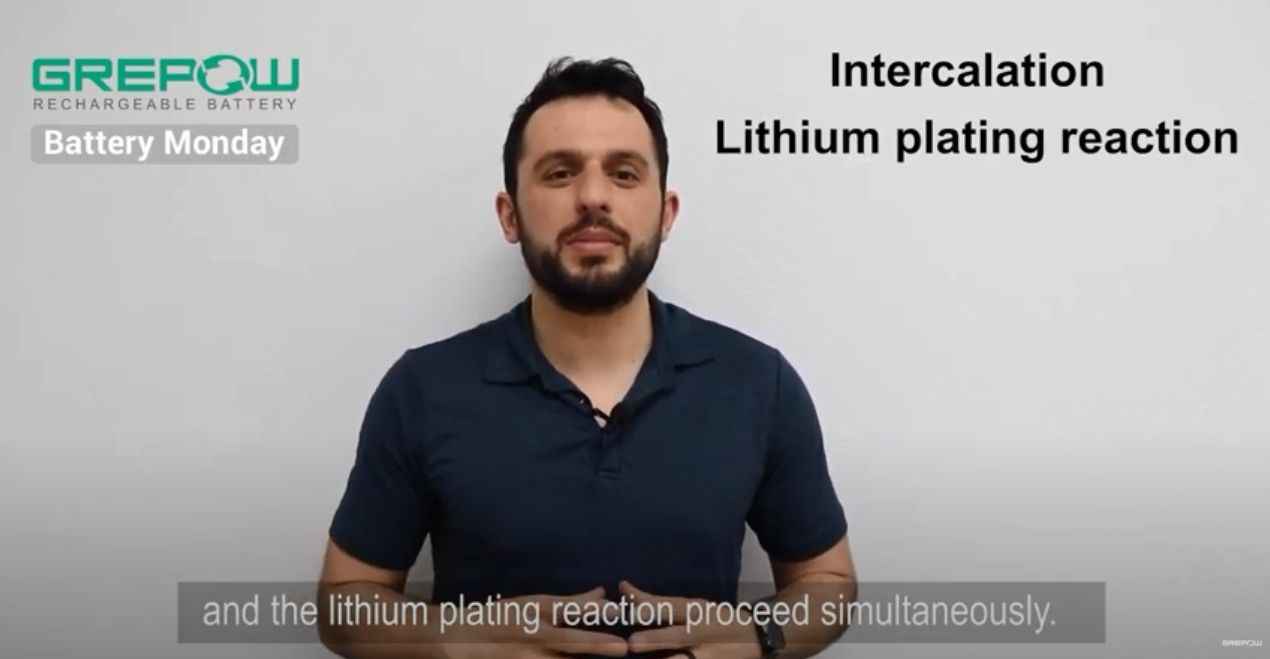
Battery Resistance
Low temperatures increase the viscosity and tension of the electrolyte thus worsening the diffusion and movement of the lithium ions of the positive and negative electrodes. This increased battery resistance impacts the ability of the battery to operate properly. The main effect is the loss of efficiency of power output, as the majority of the battery’s power will be used to generate heat to reduce battery resistance.
Discharge Capacity
The activity of the lithium ions in the positive electrode material decreases in low temperatures. The cold temperatures will increase the resistance of the electrolyte and decrease the transfer rate of the lithium ions thus reducing the amount of available energy. This could result in up to an 80% capacity loss based on the temperature and discharge rating.
Video
https://www.youtube.com/watch?v=trFZrNzC5Nk
Conclusion
Ultimately, the performance of lithium batteries is severely degraded at low temperatures. At the same time, lithium ions undergo other reactions during battery charging and discharging. This is mainly an irreversible reaction between lithium ions and electrolytes. Long-term exposure to this environment will cause the capacity of lithium batteries to decline and can even cause permanent damage to the battery.
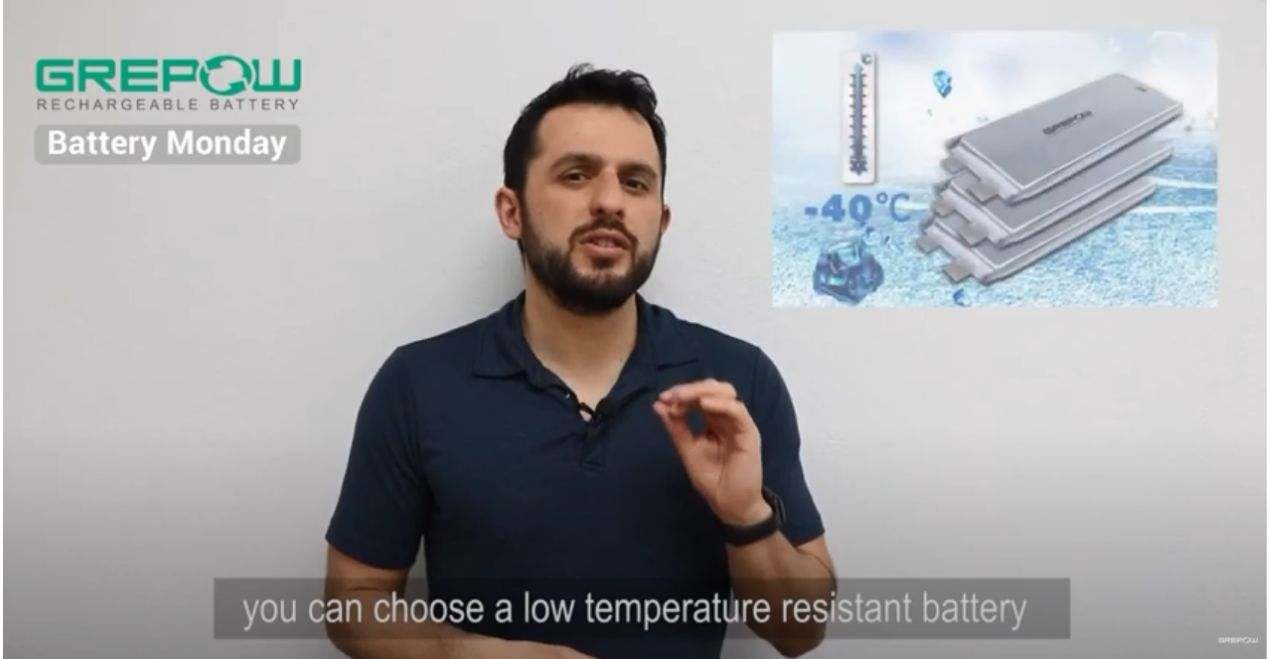
Therefore, it is better not to use batteries in a cold environment. If you have particular requirements, you can choose a low temperature resistant battery to protect the battery and equipment.
Related Articles
-

Join Grepow at EUHA 2024: Discover Our GRP7854 Series Hearing Aid Batteries
2024-09-25 -
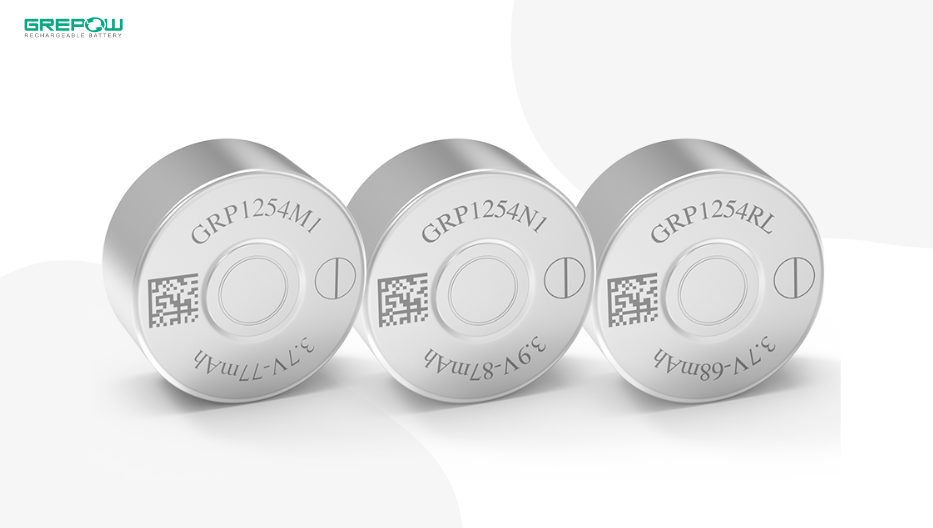
What Is a LIR1254 Button Cell Battery?
2024-09-24 -

Join Us at IFA 2024: Let’s Shape the Future Together
2024-08-30
Related products
-
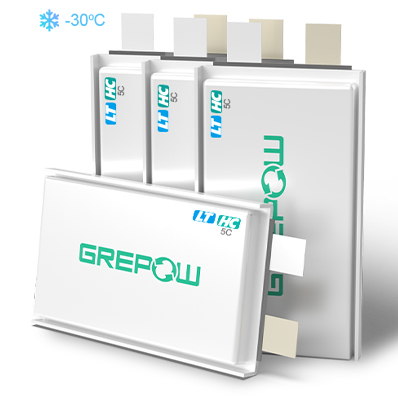
-30℃ 5C Low-Temperature High Discharge Battery
-

-45℃ Low Temperature LiFePO4 Battery
-
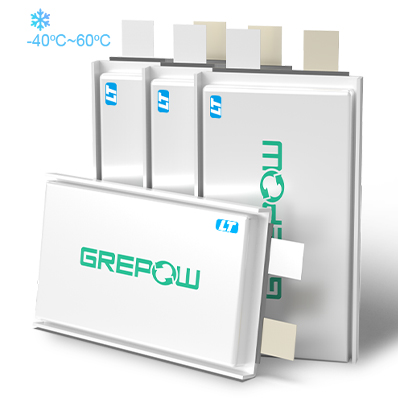
-40℃ to 60℃ Low Temperature Lipo Battery
-

GRP2452FL Rechargeable Lithium-Ion Button Cell Battery

